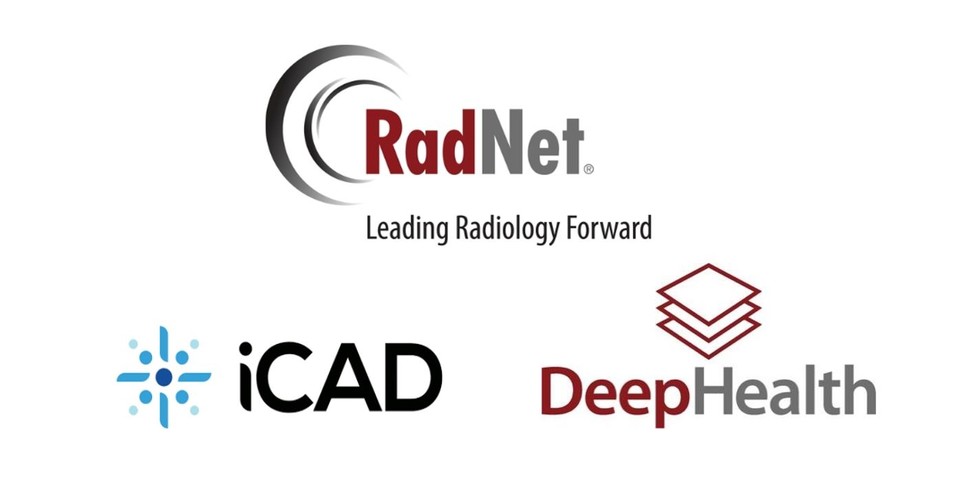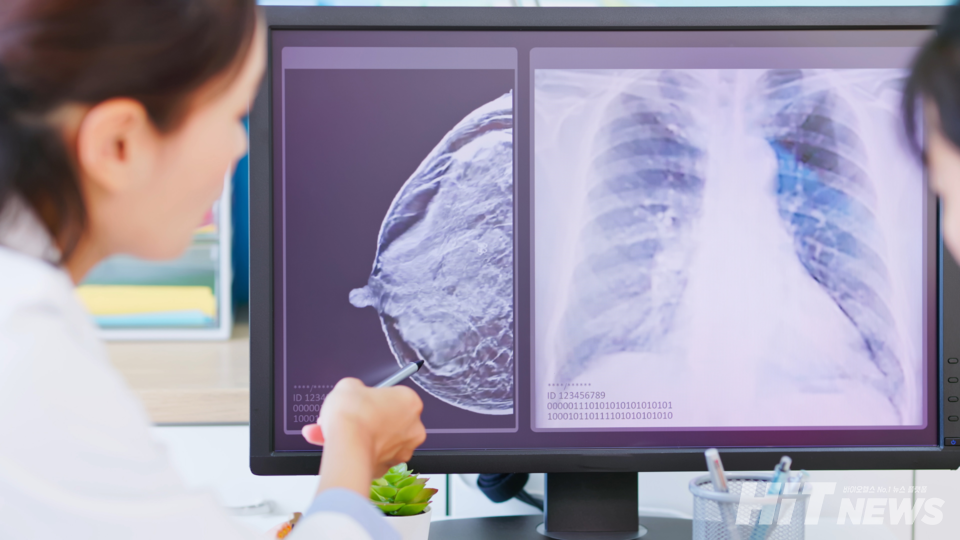Lunit Faces Intensified Global Competition Amid Rapid Vertical Integration by U.S. Rivals

The global breast cancer diagnostic AI market is undergoing rapid consolidation as RadNet, the largest radiology provider in the U.S., announced the acquisition of iCAD, a breast cancer detection AI firm. The deal merges iCAD with RadNet’s subsidiary DeepHealth, strengthening its position in North America and Europe.
On April 15, RadNet confirmed plans to acquire iCAD in a stock-for-stock transaction valued at approximately $103 million. iCAD shareholders will receive 0.0677 shares of RadNet for each iCAD share—equivalent to a 98% premium over the previous day’s closing price. Once completed, iCAD will be absorbed into DeepHealth, combining their respective technologies and sales infrastructure.
The acquisition brings iCAD’s flagship “ProFound HealthSuite” under the DeepHealth umbrella. This platform supports both 2D and 3D mammography, breast density assessment, cancer risk analysis, and emerging cardiovascular risk tools. Several products have already secured CE marking in Europe and regulatory clearance in Canada.
DeepHealth’s own SmartMammo technology aids radiologists with diagnostic algorithms. With iCAD's assets, the company now offers an end-to-end breast imaging solution encompassing diagnosis, risk prediction, and cardiovascular screening.
Crucially, RadNet’s nationwide network of over 350 imaging centers allows seamless clinical integration of these AI tools, shifting the business model from standalone software to vertically integrated AI services. This full-stack approach—from software to point-of-care delivery—gives RadNet a strategic edge over competitors lacking infrastructure.
An investment analyst noted, “This isn’t just a tech acquisition—it’s a vertical integration play. With compatible infrastructure and minimal technical barriers, RadNet achieved rapid scale efficiencies.”
He continued, “AI healthcare platforms are evolving into full-service ecosystems. Players like DeepHealth are absorbing scalable technologies to expand service offerings, streamline margins, and strengthen data moats. Once adopted in clinical settings, these platforms are rarely replaced.”
He concluded, “RadNet’s model enables continuous technology layering atop its clinical network, driving sustained market share growth. It’s a snowball effect built on embedded distribution.”

In Asia, South Korea’s Lunit remains a top-tier player in breast cancer diagnostics. Its AI solution, Lunit INSIGHT MMG, is approved by the U.S. FDA, European CE, and Japan’s Ministry of Health. Global partnerships with firms like GE Healthcare have secured its dominant market share across Asia.
Yet, the merger of RadNet, DeepHealth, and iCAD signals new challenges beyond algorithm performance—including control of distribution networks and in-clinic deployment capacity.
A venture capital analyst observed, “Six companies have shaped the breast imaging AI market: Lunit (Korea), ScreenPoint (Netherlands), DeepHealth (U.S.), iCAD (U.S.), Therapixel (France), and Kheiron (UK). DeepHealth expanded into Europe by acquiring Kheiron last year and is now reinforcing its U.S. presence through iCAD.”
He added, “Lunit has strong footing in Asia, but DeepHealth’s acquisitions could limit its reach into the U.S. and European markets.”
Another analyst noted, “Lunit recently acquired AI assets from U.S.-based Volpara, positioning itself to become a platform company. But unlike DeepHealth, it doesn’t yet control its distribution pipeline. In this ecosystem, relying on tech alone—without direct clinical access—can be a competitive disadvantage.”
He continued, “Lunit is expanding from imaging and pathology into therapeutics to cover the full AI value chain in hospitals. But to compete with platform-based players, securing distribution is critical.”
He concluded, “RadNet’s acquisition reflects horizontal growth backed by vertical integration. As platforms mature, standalone AI firms may focus on disease-specific excellence while seeking exits via partnerships or strategic acquisitions.”
The global breast imaging AI race has evolved into an ecosystem battle—centered not only on diagnostic accuracy, but also on workflow integration, data leverage, and end-to-end service delivery. The question now is how Lunit, as an independent innovator, will adapt to this shifting competitive terrain.
관련기사
- 루닛과 맞섰던 딥헬스·iCAD, 한배 탔다…북미 AI 시장 재편 신호탄
- 루닛, GC녹십자아이메드에 AI 암 진단 솔루션 공급
- 루닛 "AI, 의료진보다 정확… 협업 시 유방암 조기진단 효과 입증"
- 루닛, AACR 2025서 'AI 기반 폐암 예측 솔루션' 발표
- 국내 의료기기 기업 글로벌 진출 성공 5가지 요소는
- Lunit Successfully Raises $122 Million for Volpara Acquisition
- Lunit Secures Medical AI Leadership with Volpara Acquisition
- Lunit AI Matches Radiologists in Breast Cancer Detection

